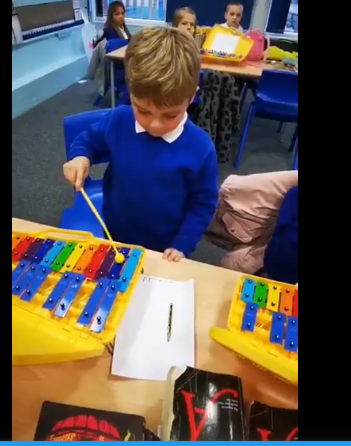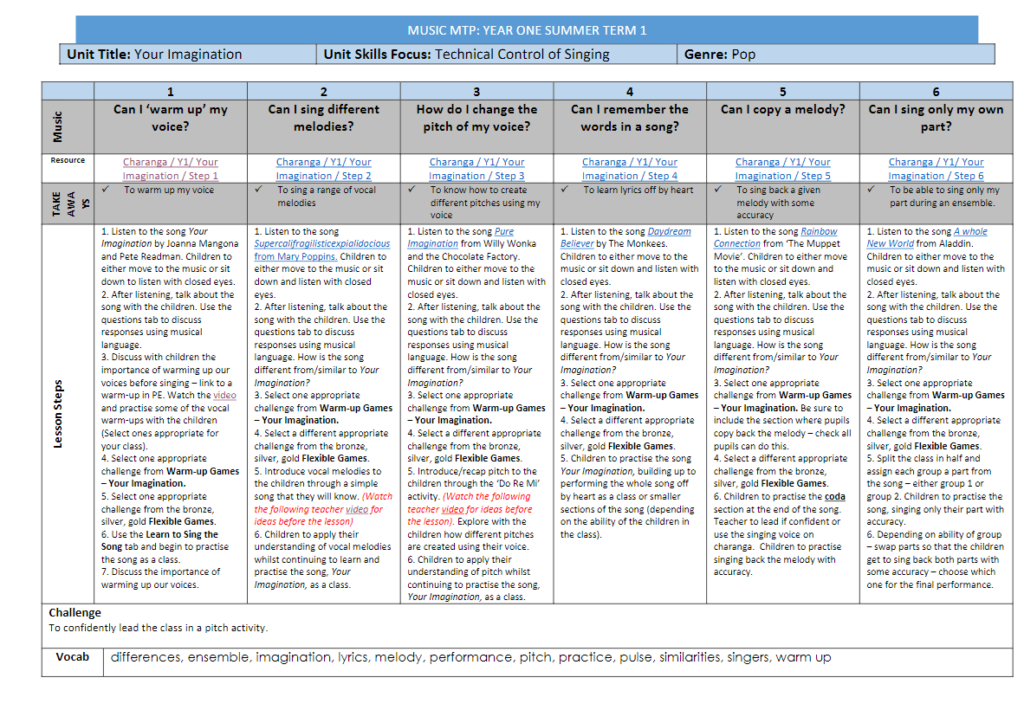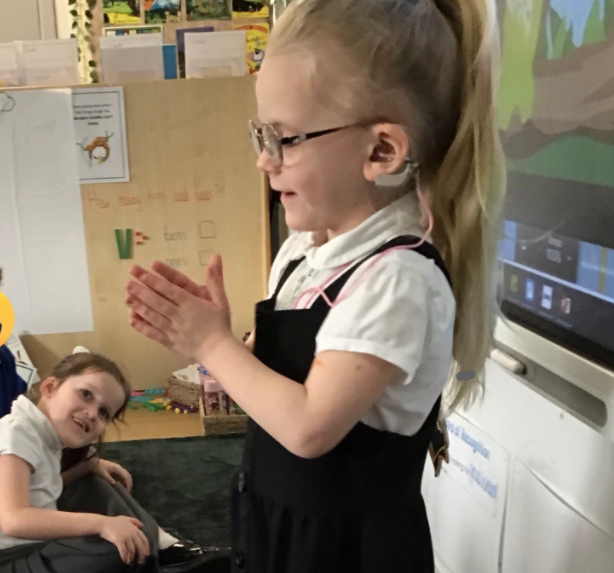Music

The National Curriculum for music aims to ensure that all children have the opportunity to:
- listen to and appraise music from different time periods and cultures
- be exposed to a range of styles and genres, including Classical and instrumental
- perform regularly, through both singing and playing
- experiment with improvisation and the composition of their own music.
Intent
At Estcourt Primary, we aim to fulfil National Curriculum requirements through the provision of a well-balanced, progressive music curriculum that seeks to enrich all children’s musical experience. We recognise that music is a universal language, which can facilitate communication and understanding between not only our children but between people in the wider school community and indeed all over the world. We therefore aim to inspire our children musically and ignite their passion for further musical exploration.
As with language, movement and other forms of expression, we believe that the development of a child’s musicality contributes towards the growth of the ‘whole’ person and impacts positively on many areas of their learning, including the development of creative thinking, reflection and open-mindedness. We want the children we teach to appreciate the value of music in their own lives and the lives of others and to understand the positive impact it can have on their well-being and wider learning. Music in our school is inclusive and we strive to ensure that children of all abilities and backgrounds thrive as they embark upon their musical journeys.
Overall, we hope to instil a lifelong love of music in all our children and to provide many opportunities for them to grow musically, both within the classroom and beyond, including involvement in extra-curricular activities, such as our singing club and participating in a variety of musical performances. Our main goal is for all our children to develop their skills as musicians whilst having fun!
Implementation
Our music curriculum ensures that all children have opportunities to explore and develop their skills as performers, improvisers, composers, listeners and appraisers. Children are taught to sing, play a range of tuned and untuned percussion instruments and appreciate music from a range of genres, cultures and historical eras. They use their experiences as a stimulus for creating their own music through improvising and composing activities. They learn to evaluate music, including their own, using their understanding of the interrelated dimensions of music, which underpin every aspect of learning and are woven throughout the curriculum at all stages of children’s musical progression. Children are taught musical terms and are encouraged to describe music using the correct musical vocabulary, thereby enabling them to interact more precisely with their learning and ultimately deepen their understanding.
Our chosen school scheme is Charanga Musical School, as we believe this is an exciting, interactive scheme. We use Charanga to support our aims to deliver a very practical, exploratory, child-centred approach to learning in music. Children throughout school use the planned units of work within the Charanga structure. Each unit of work is focussed on the skills within the Listen and Appraise; Sing, Play and Perform; and Improvise and Compose elements, with children listening to and appraising music every lesson. Each lesson has a specific focus (takeaway) for pupils to achieve.
Impact
Children at Estcourt Primary enjoy their music lessons and gain confidence in themselves as musicians through the many and varied ways they can participate in active music making. As they progress through the integrated strands of musical learning, they develop new skills and concepts, whilst revisiting and embedding those already established in a range of different musical contexts. This allows for greater depth in children’s learning and mastery of their musical skills. Using Charanga across all year groups helps to support class teachers in covering the requirements of the National Curriculum within a structured, school-wide approach, enabling greater consistency and clear progression to take place, as mapped out in the school EYFS to Y6 Progression of Skills document.
Children can reflect on their own strengths and interests and make decisions about the musical paths they choose to follow, both in school and throughout their lives. They develop an understanding of different cultures and traditions and the historical contexts of different musical styles, making links to music they already know and are aware of. Through their learning in music, they demonstrate the ability to communicate their thoughts and ideas, whilst enhancing their skills as listeners, thinkers, creators, and performers.


Academy LTP

Example of Year 1 MTP including key session questions



